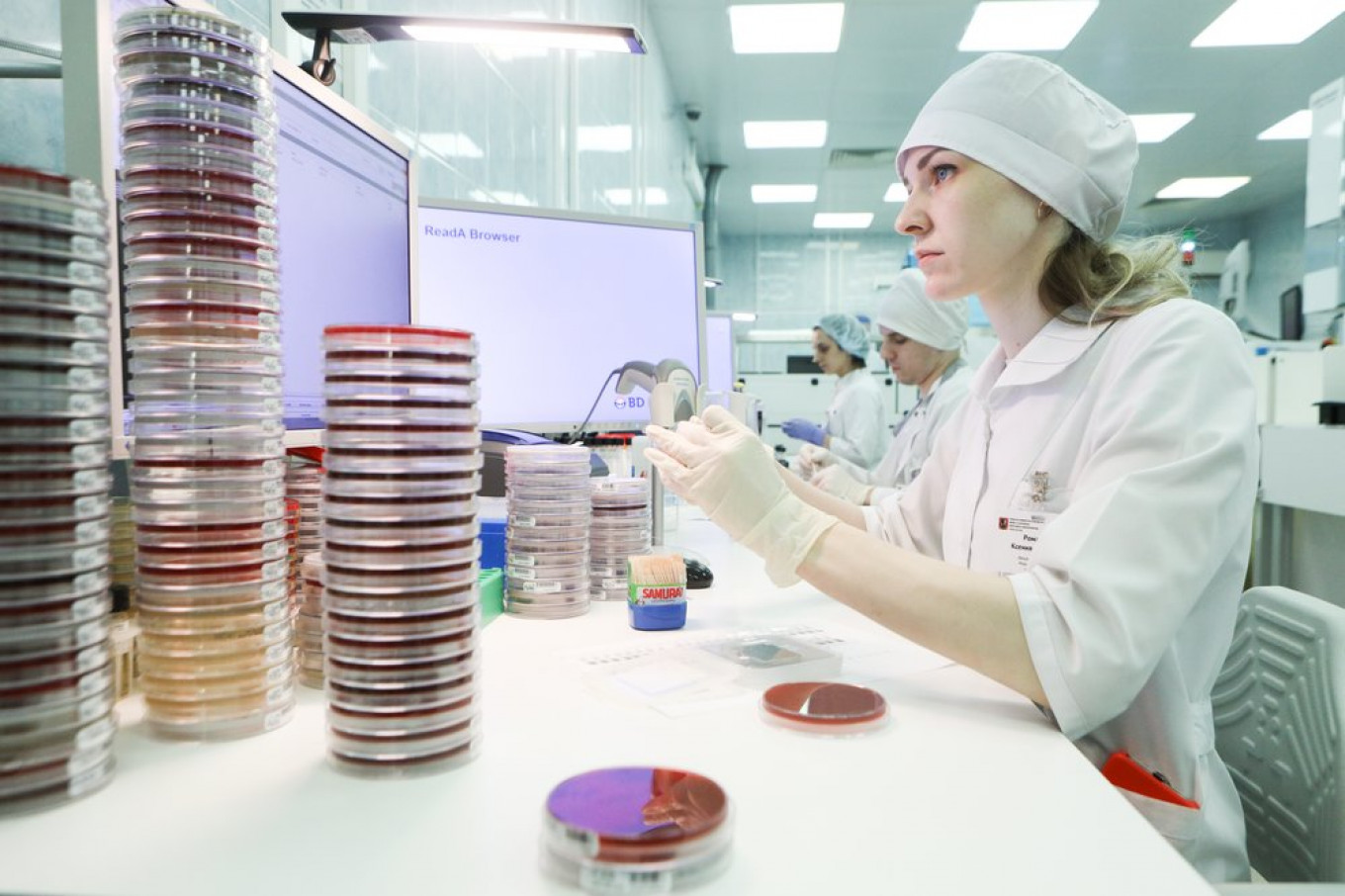
Hundreds of thousands of HIV patients in Russia face a severe shortage of antiretroviral therapy medication under new government procurement rules, health officials say.
Russia centralized HIV medication-buying procedures in 2017 in a bid to provide more patients with treatment, empowering the Health Ministry instead of regional authorities to carry out drug tenders. The changes resulted in three failed tenders for medication in 2019 because the Health Ministry lowballed its prices, the Kommersant business daily reported Thursday.
“I think the supply of the drug [Lamivudine] is coming to an end,” Vadim Pokrovsky, head of the Russian Federal Consumer Protection Service’s AIDS control and prevention research center, told Interfax on Thursday.
The Health Ministry has bought enough Lamivudine for 400,000 HIV patients, Pokrovsky estimated. Official estimates say that 900,000 people have been infected with the virus in Russia, though experts say this is likely an understatement.
Lamivudine — one of three drugs used in the initial antiretroviral therapy regimen — is effective and has few side effects, Pokrovsky said. “Its weakness is that if it falls out of the regimen, most patients will experience problems,” the health official added.
Around 31 Russian regions have enough supplies of Lamivudine to last until between mid-August and late September, Kommersant cited an HIV patients’ association as saying in its Thursday report. The Tula region reportedly hasn’t had Lamivudine supplies for several months.
The Health Ministry told Interfax that it had signed a contract last week for a new delivery of Lamivudine by November.
